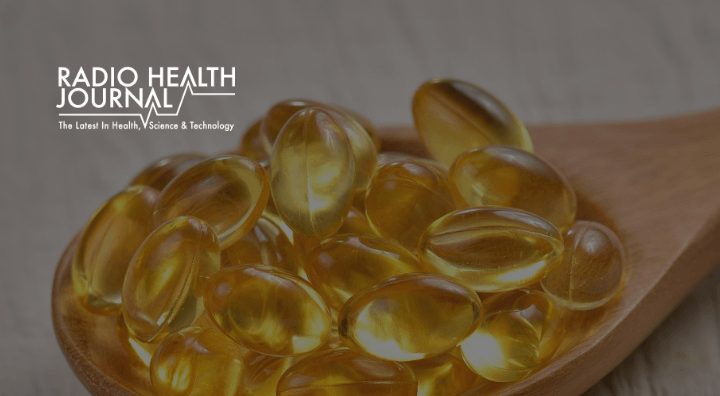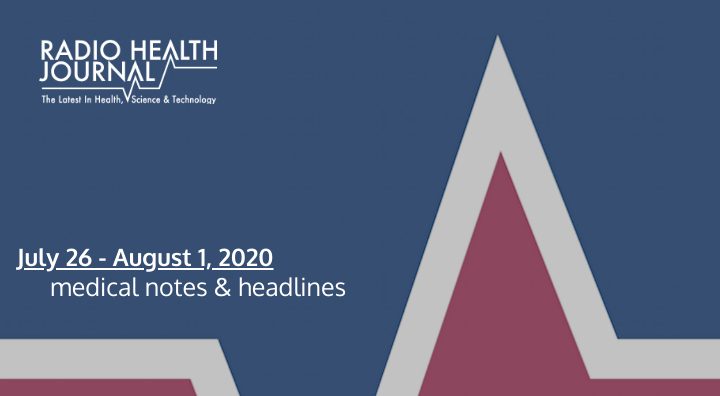Scientists have zeroed in on what causes many cases of colitis and chronic inflammatory bowel disease, what most people call the 24-hour stomach flu. In reality that’s usually a case of food poisoning, not the flu, and it happens more often than we think. A study in the journal Science shows that if a person keeps getting intestinal upsets often enough it can create a deficiency in an enzyme in the gut prompting severe, permanent problems.
And finally… people who are tall have a whole variety of advantages but in at least one respect being short is good for your health. A study in the journal Circulation: Cardiovascular Genetics shows that short people are much less likely to develop blood clots in the veins-the third leading cause of heart attack and stroke. Scientists say that women who are 5 feet 1 or less are nearly 70 percent less likely to have a blood clot compared to women who are 6 feet or taller. Researchers aren’t sure why, it may simply be the effects of gravity on longer veins.











Leave a Reply